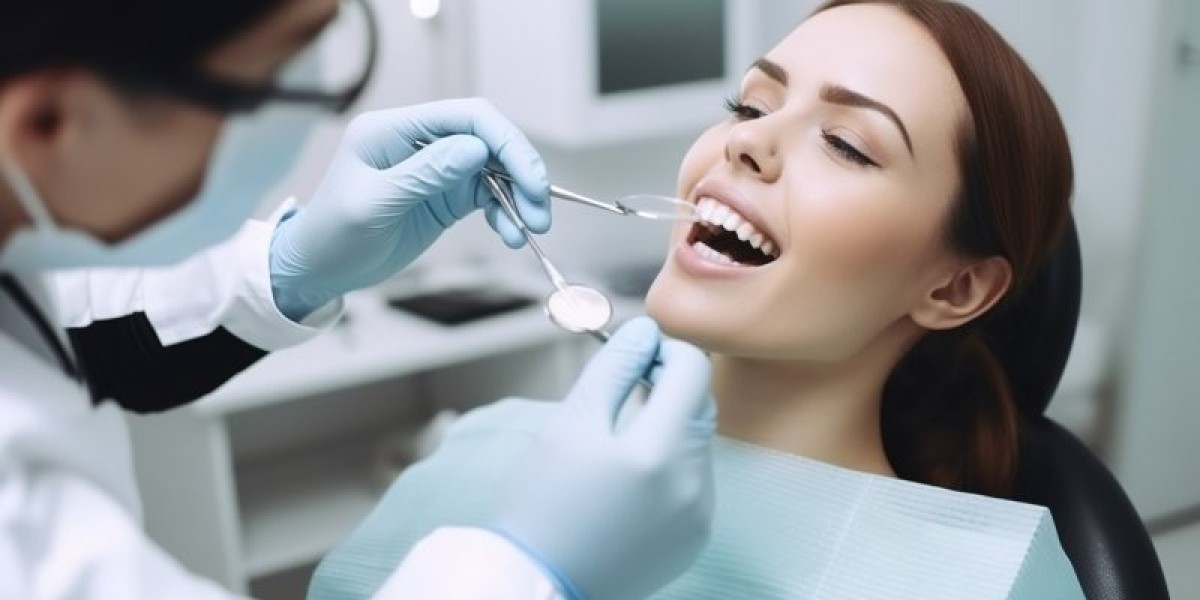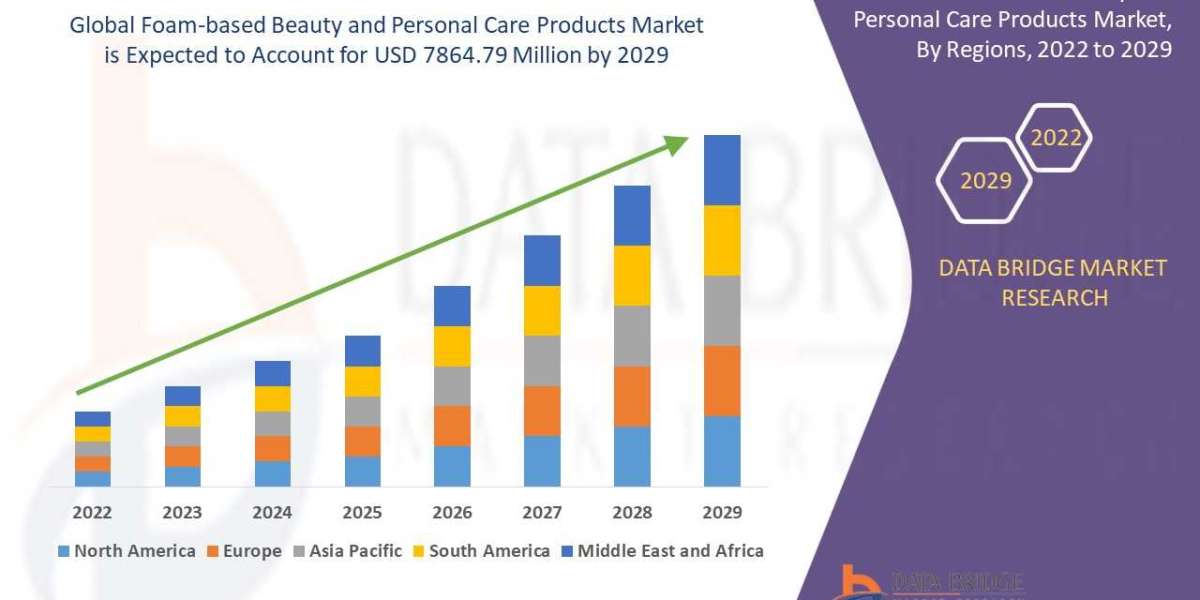Oral health is a vital part of overall well-being, and teeth cleaning and prevention services are cornerstones of maintaining a healthy, beautiful smile. Beyond aesthetics, these services play a critical role in preventing oral diseases, ensuring a lifetime of strong and healthy teeth. In this comprehensive guide, we delve into the importance of teeth cleaning and prevention, the procedures involved, and how they contribute to long-term oral health.
Why Teeth Cleaning and Prevention Matter
Teeth cleaning and prevention services are essential for maintaining optimal oral hygiene. Here’s why:
Preventing Tooth Decay
Plaque and tartar buildup are the primary culprits behind cavities. Professional cleanings remove these deposits, safeguarding teeth from decay.Gum Disease Prevention
Gingivitis and periodontitis, the two most common gum diseases, result from poor oral hygiene. Regular cleanings and preventive care keep your gums healthy and strong.Early Detection of Dental Issues
Routine dental visits allow dentists to detect problems like cavities, gum disease, and oral cancer early, when they’re easier to treat.Fresher Breath
Poor oral hygiene often leads to bad breath. Professional teeth cleaning eliminates bacteria and food particles responsible for unpleasant odors.Enhancing Overall Health
Studies have linked oral health to systemic conditions like heart disease and diabetes. Regular dental care helps reduce these risks.
What Are Teeth Cleaning Services?
Teeth cleaning, also known as prophylaxis, is a professional dental procedure designed to remove plaque, tartar, and stains from the teeth. Here’s what you can expect:
Step-by-Step Process
Initial Examination
A dentist or hygienist examines your mouth to identify any issues, such as cavities, gum inflammation, or signs of oral disease.Scaling
Using specialized tools, plaque and tartar are removed from the surfaces of teeth and around the gum line.Polishing
A high-powered electric brush and gritty toothpaste are used to polish teeth, removing surface stains and making them smoother.Flossing
Thorough flossing removes debris between teeth, ensuring no plaque is left behind.Fluoride Treatment (Optional)
A fluoride gel or foam may be applied to strengthen enamel and protect against cavities.
Preventive Dental Services: What Do They Include?
Prevention is always better than cure. Preventive dental services aim to avoid the onset of dental problems. Common services include:
1. Dental Exams
- Regular exams help detect issues early.
- Dentists check for cavities, gum health, and oral cancer signs.
2. X-Rays
- X-rays provide a detailed view of teeth and jawbones, revealing hidden issues like impacted teeth or deep cavities.
3. Fluoride Treatments
- Strengthens enamel and prevents decay, particularly beneficial for children.
4. Dental Sealants
- Thin, protective coatings applied to molars to prevent cavities.
5. Education on Oral Hygiene
- Dentists provide tips on brushing, flossing, and maintaining a healthy diet.
6. Nutritional Counseling
- Advice on foods that promote dental health, such as dairy, leafy greens, and crunchy fruits.
How Often Should You Get Teeth Cleaning?
The American Dental Association (ADA) recommends visiting your dentist for a professional cleaning at least twice a year. However, your dentist might suggest more frequent visits if you have:
- Gum disease
- A history of cavities
- Orthodontic appliances
- Chronic health conditions like diabetes
Benefits of Regular Teeth Cleaning and Prevention Services
Improved Confidence
A clean, bright smile boosts self-esteem and leaves a lasting impression.Cost Savings
Preventive care helps avoid expensive treatments like root canals and crowns.Better Digestion
Healthy teeth facilitate proper chewing, improving digestion and nutrient absorption.Stronger Teeth
Regular care keeps enamel intact and prevents tooth loss.
Maintaining Oral Hygiene Between Dental Visits
Professional care is essential, but maintaining oral hygiene at home is equally crucial. Follow these tips to keep your teeth healthy:
1. Brush Twice Daily
Use fluoride toothpaste and a soft-bristled brush to clean all surfaces of your teeth.
2. Floss Daily
Flossing removes plaque and food particles that brushing alone can’t reach.
3. Use Mouthwash
Antimicrobial mouthwashes help reduce bacteria and freshen breath.
4. Limit Sugary Foods
Sugary snacks and drinks can lead to cavities. Opt for healthier alternatives.
5. Stay Hydrated
Water helps wash away food particles and maintain saliva production, which protects teeth.
6. Replace Your Toothbrush
Change your toothbrush every 3-4 months or when bristles become frayed.
Common Myths About Teeth Cleaning and Prevention
Let’s bust some common misconceptions:
1. Cleaning Wears Down Enamel
Professional cleanings are safe and do not harm enamel when performed by a qualified professional.
2. Flossing Isn’t Necessary
Flossing is vital for removing plaque and debris between teeth, areas a toothbrush cannot reach.
3. Bleeding Gums During Cleaning Is Normal
While minor bleeding may occur, consistent bleeding signals gum disease and requires professional attention.
The Role of Advanced Technology in Dental Cleaning
Modern dentistry employs advanced tools to improve the teeth cleaning experience:
- Ultrasonic Scalers: Use vibrations to break down tartar efficiently.
- Intraoral Cameras: Provide detailed images of the mouth for accurate diagnosis.
- Laser Therapy: Treats gum disease and reduces bacteria with minimal discomfort.
When to Seek Immediate Dental Care
While routine cleanings are preventive, some symptoms warrant immediate attention:
- Persistent toothache
- Swollen or bleeding gums
- Loose or wobbly teeth
- White patches or sores in the mouth
Cost of Teeth Cleaning and Prevention Services
The cost varies based on factors such as location, dentist expertise, and the type of service. On average:
- Basic cleaning: $75-$200
- Deep cleaning (scaling and root planing): $150-$300 per quadrant
- Fluoride treatment: $20-$50
Many insurance plans cover preventive services, so check with your provider.
Finding the Right Dentist for Teeth Cleaning Services
Choose a dentist who prioritizes patient comfort and uses modern techniques. Look for:
- Positive reviews and testimonials
- Transparent pricing
- Personalized care tailored to your needs
Conclusion
Teeth cleaning and prevention services Dentist in Mckinney are indispensable for maintaining optimal oral health. By investing in regular dental visits and practicing good oral hygiene, you can enjoy a healthy, radiant smile for years to come. Whether it’s a basic cleaning or preventive treatment, these services ensure your teeth and gums remain in top condition, contributing to your overall well-being.
Make your oral health a priority today—schedule your next dental appointment and embrace the benefits of professional teeth cleaning and prevention services!



